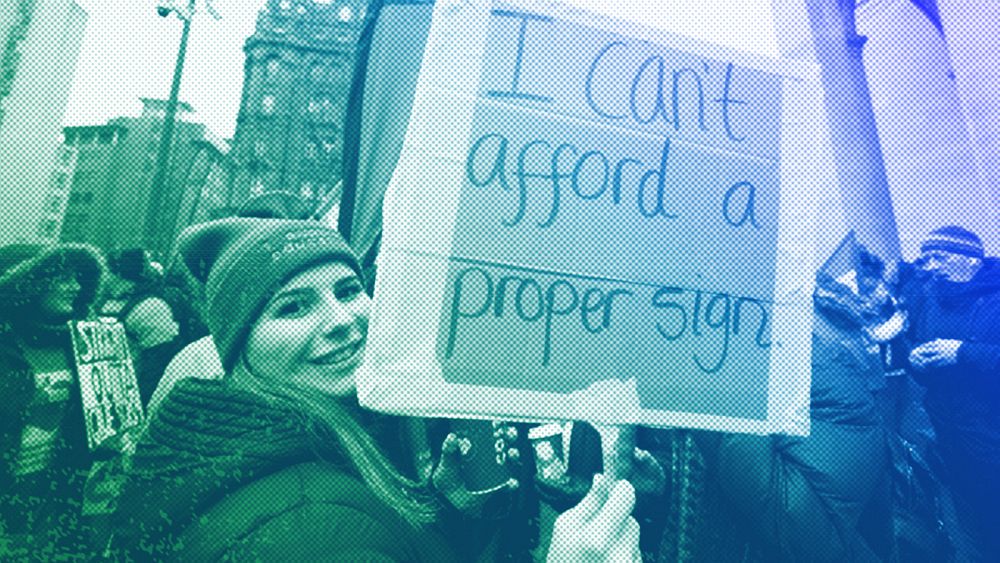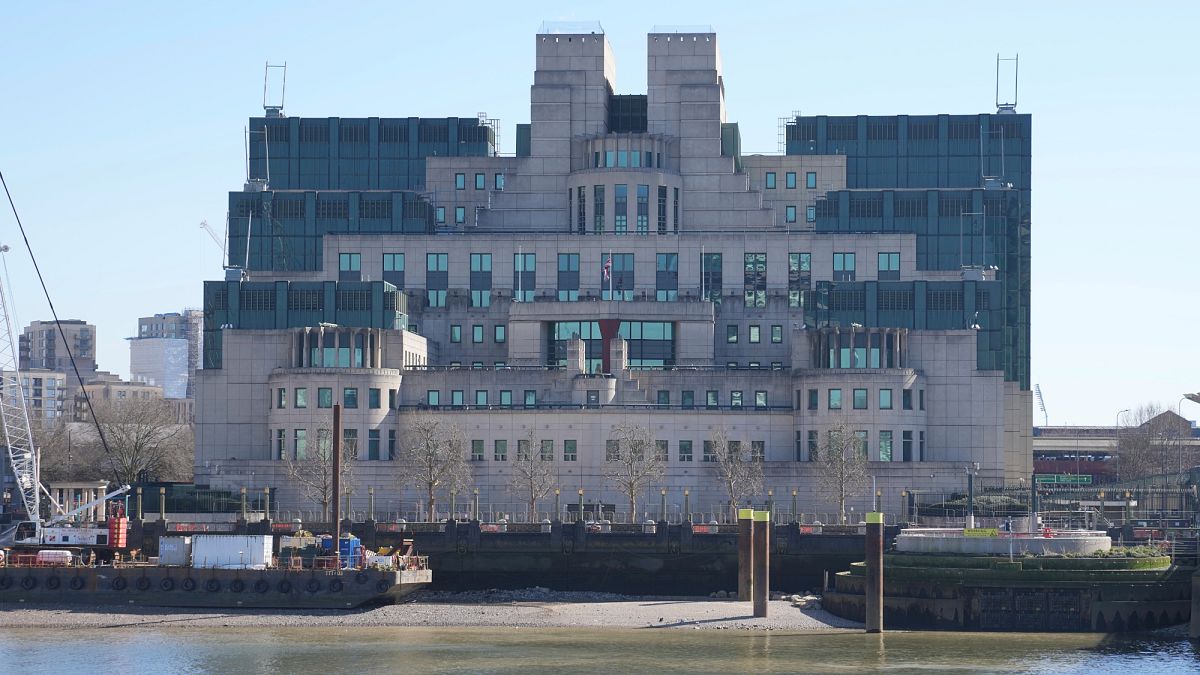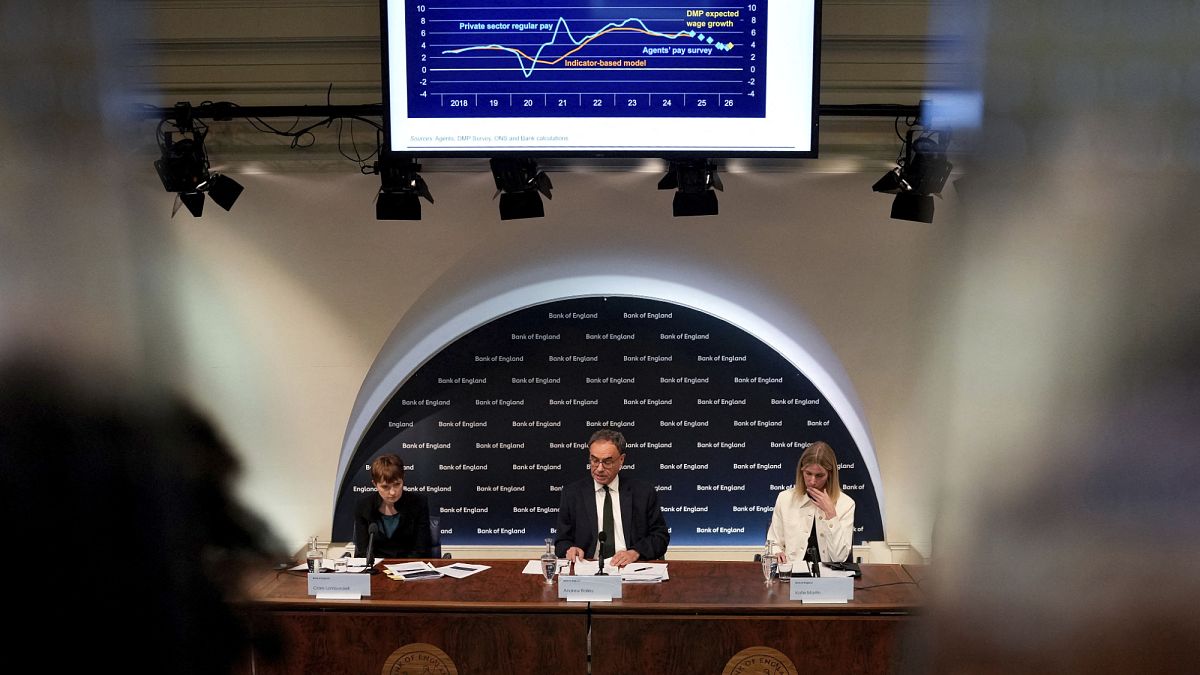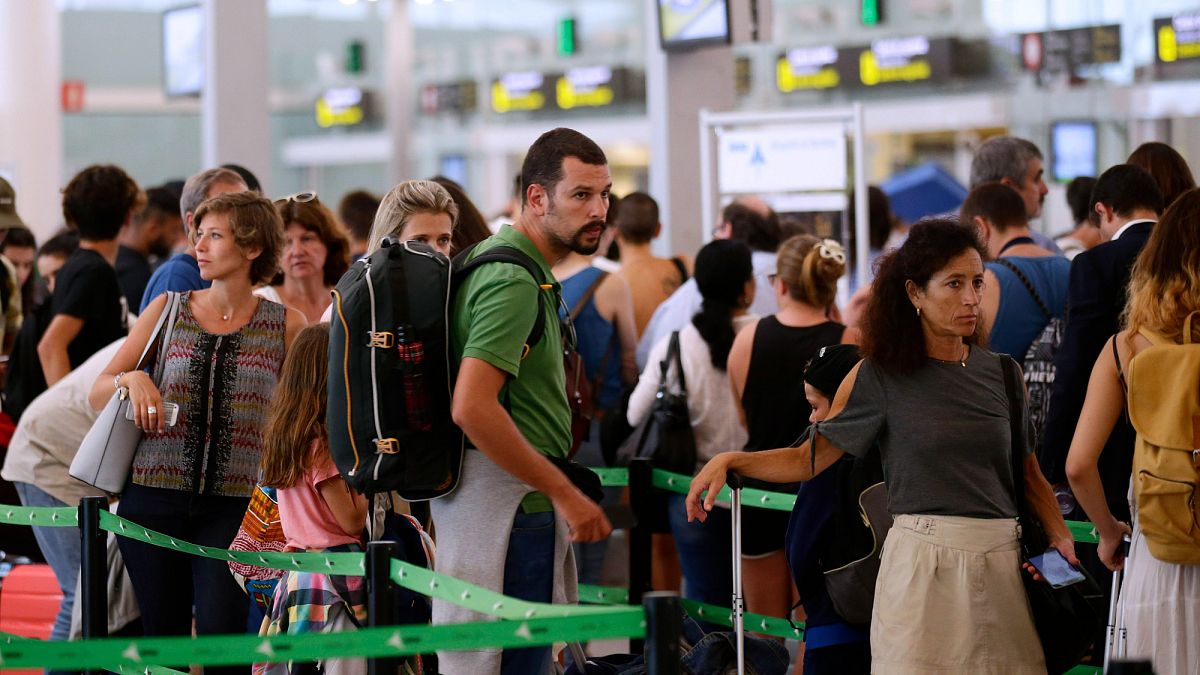Britain’s energy crisis is far from over

The opinions expressed in this article are those of the author and do not represent in any way the editorial position of Euronews.
Although most government support has been scaled back, energy prices are still at record highs, Carla Subirana writes.
With unseasonably warm weather pushing the winter months back, and the government announcing a radical policy shift each week, a more immediate crisis seems to have slipped under the radar.
Britain’s energy crisis is still alive and kicking, threatening to push millions of households into poverty later this year.
Under the October energy price cap, bills will be 69% higher than in 2021. And the standing charge has risen, which will push prices up for lower-income families (as it is a fixed charge).
National Energy Action warned that as many as 6.6 million households are fuel-poor as of September, up from 4.5 million in October 2021.
However, although the government provided ample support last year, most of it has been scaled back.
Thousands of excess deaths might happen again
A House of Commons committee report recently denounced that the UK Government has yet to announce a set of proposals to ensure there is enough support for vulnerable people this winter.
And despite the fact that the government spent freely last year, the crisis exposed several shortcomings in Britain’s energy sector, which have not been addressed.
There were 4,706 excess winter deaths caused by living in a cold, damp home last year, mostly due to the fact that support did not reach the most vulnerable households.
Three weaknesses of Britain’s energy system stand out. The first is that more than 2 million people using prepayment meters don’t have a smart meter, making it hard for poorer households to save energy, and to receive the support they need; a quarter of vouchers for consumers on prepayment meters were unclaimed last year.
And customer service is notoriously bad, so people often don’t understand what help they can access – Citizens Advice had more inquiries from people who could not afford to top up their prepayment meter in 2022 than over the previous ten years combined.
It’s time to wake up to the challenges
The second is a striking lack of action to encourage home insulation, with rates in 2022 45% lower than already-low ones in 2021.
Another concern is that eligibility for energy support is linked to receiving a social security benefit.
However, according to the Resolution Foundation, this means that no payments are received by around 2.3 million households in the poorest fifth of the population.
In both the Autumn Statement and the March Budget, the UK Government said that energy support would become more targeted, but no announcements have been made since.
A last concern is the standing charge structure. This is a fixed payment, that is charged regardless of energy use and thus affects the poor disproportionately.
Martin Lewis from Money Saving Expert, and many other energy experts, have long called for the standing change to be scrapped, as it is a regressive payment and discourages saving energy.
If the government doesn’t wake up to the challenges facing millions of households, the real energy crisis will hit even harder this winter.
Carla Subirana is an economist who has worked as a policy analyst for the Bank of England and Europe analyst for Economist Intelligence.
At Euronews, we believe all views matter. Contact us at [email protected] to send pitches or submissions and be part of the conversation.
Source: Euro News















